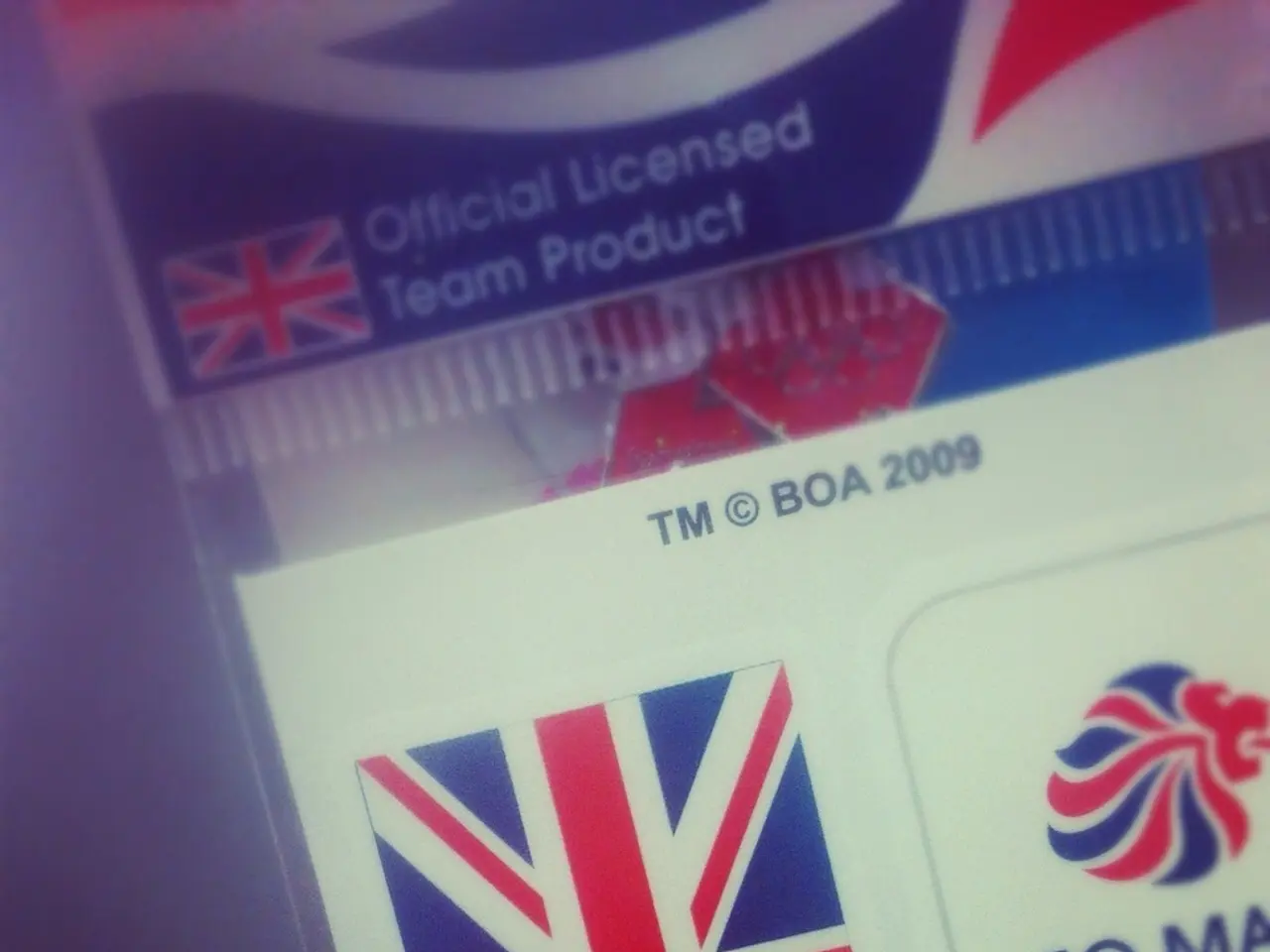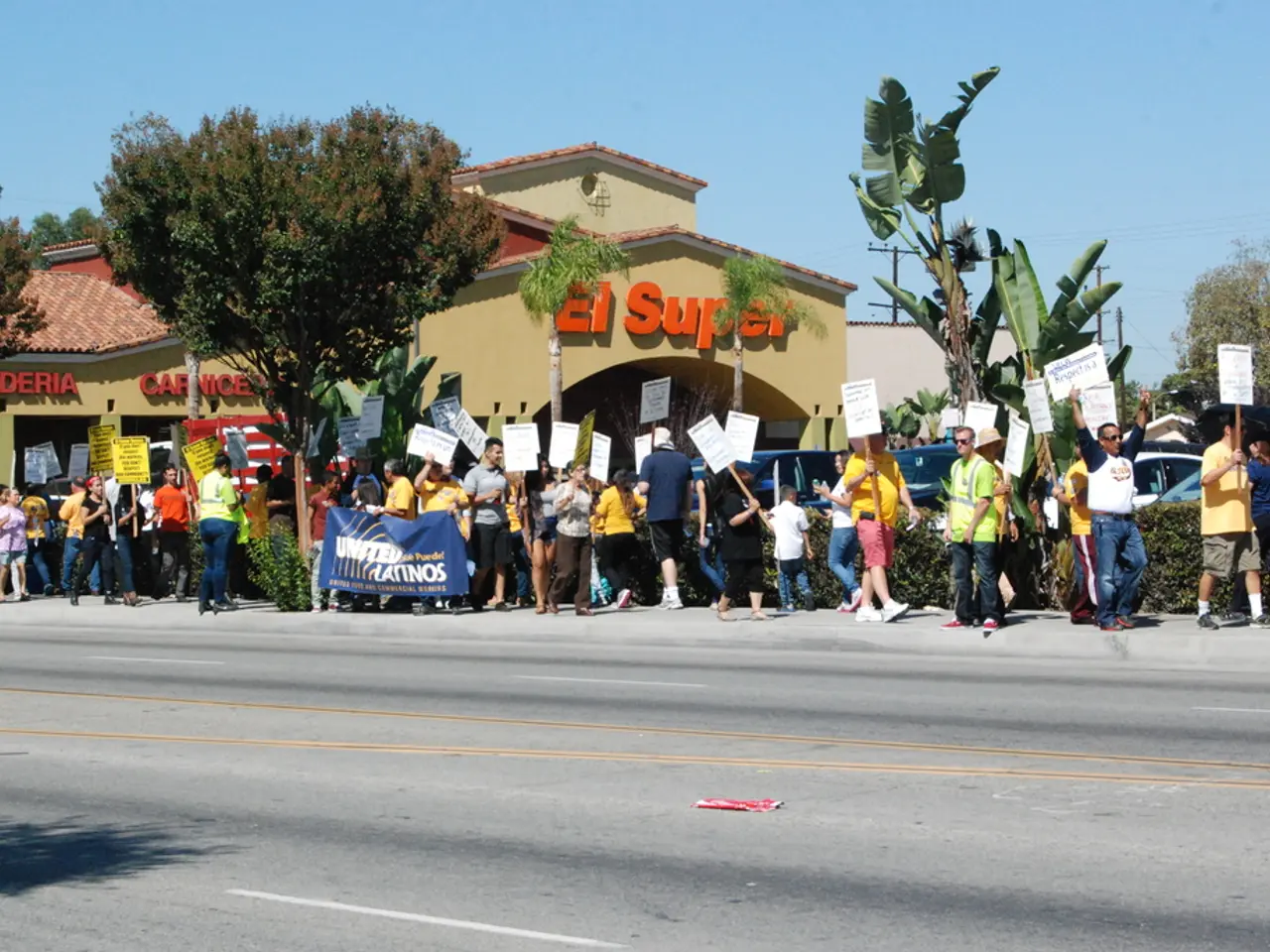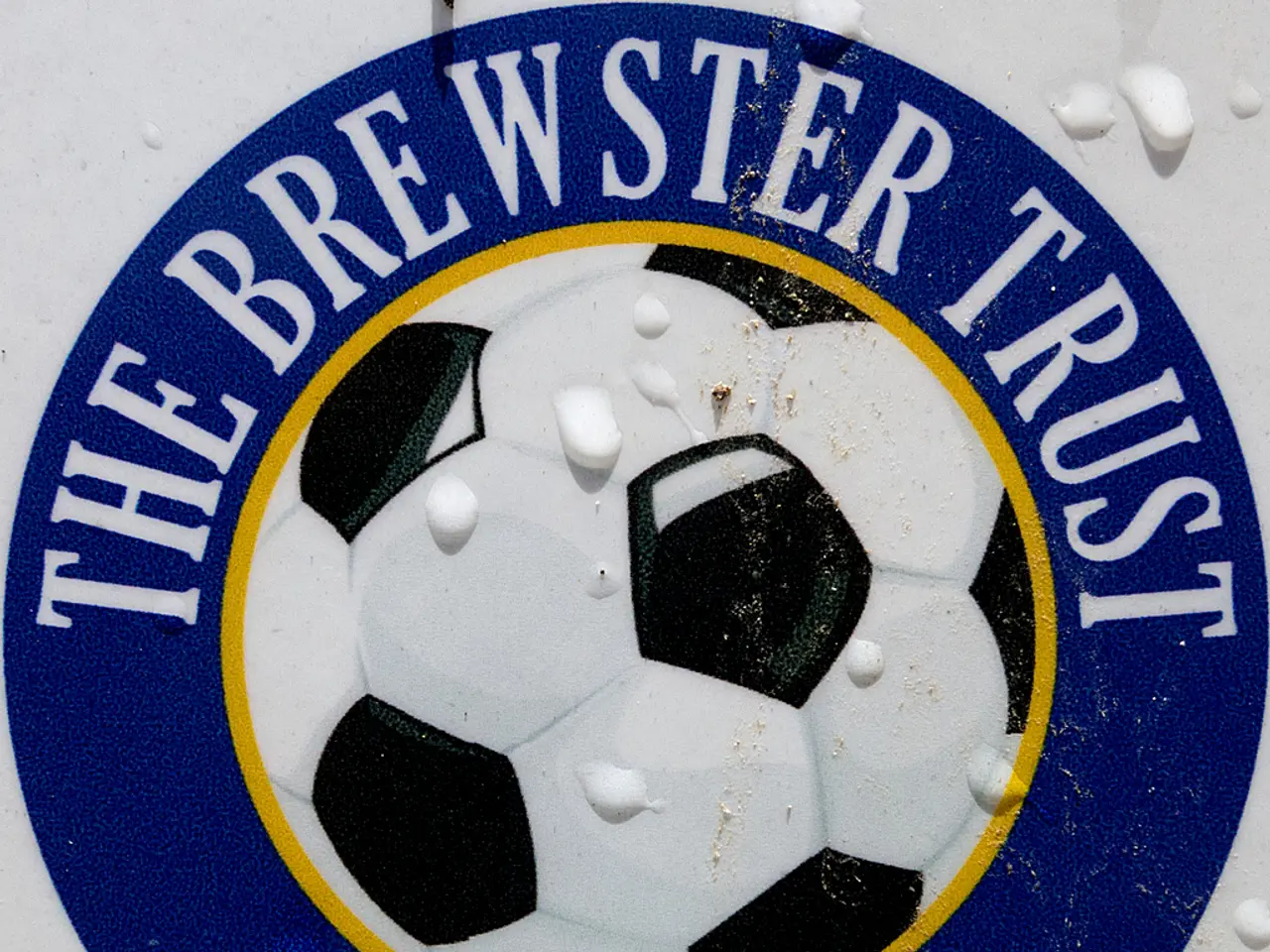Local lawmakers in Bremen take control over garbage disposal operations
Bremen, Germany, is set to reclaim control of its waste management and cleaning services, marking a shift from privatization to public ownership. This move, aimed for completion in 2028, follows a period of dissatisfaction with privatized services and a political push for greater municipal control.
Background and Rationale
In the 1990s and early 2000s, many German cities, including Bremen, privatized waste management and street cleaning services as part of broader neoliberal reforms. However, criticisms arose about the quality, reliability, and cost-effectiveness of these privatized services, leading to a political shift in Bremen towards left-leaning parties and local advocacy groups pushing for greater municipal control.
The goals of re-municipalization include enhancing service quality and efficiency, improving labor conditions, increasing transparency and democratic oversight, and allowing for more integrated and sustainable waste management policies.
Criticisms from the Opposition
While supporters of re-municipalization argue for improved service quality, opponents express concerns about potential inefficiency, higher costs, and political motivations. Critics fear that without competition, municipal services may become bureaucratic, less innovative, and slower to adapt to new technologies or market conditions.
Moreover, some argue that the state may lack the competitive pressures that private firms face, potentially leading to inefficiency and budget overruns. There are also concerns that the re-municipalization might be driven more by ideological or political considerations rather than practical service improvements.
Heiko Strohmann (CDU) and Magnus Buhlert (FDP) have voiced skepticism about the state's ability to manage these services effectively, with Strohmann suggesting that citizens might have to pay more due to the political ideology of re-municipalization. Klaus-Rainer Rupp (The Left) described the re-municipalization as a "label swindle."
Current Status and Future Plans
"Bremen City Cleaning" is set to start operations in January 2018, with around 120 employees from Bremen's Environmental Agency (UBB) and the Senator for the Environment, Construction and Transport transferring to the new companies. The operational business for "Bremen City Cleaning" is scheduled to start in July 2018.
The re-municipalization of waste management was agreed upon in the 2015 coalition agreement. A private third party will hold a 50.1% stake in the companies, with the waste and cleaning areas being spun off and transferred to the two companies. The responsibility for green areas in Bremen will remain with UBB.
The waste management and cleaning areas will be divided into two companies: street cleaning and waste management, with snow removal services added. The European-wide tendering and awarding procedure for the companies is currently underway, and an outcome is expected in November.
In conclusion, Bremen's move to re-municipalize waste management and cleaning services represents a response to criticisms of privatization outcomes and a push for greater public control over essential services. While supporters argue for improved service quality, opponents express concerns about potential inefficiency, higher costs, and political motivations. The outcome of the European-wide tendering process will provide insight into how these concerns are addressed and whether the re-municipalization will deliver on its promises.
The policy-and-legislation surrounding Bremen's reclaiming of its waste management and cleaning services is a product of the city's politics, driven by dissatisfaction with privatized services and a push for greater municipal control. The general news about this shift includes concerns from the opposition that the state's inefficient management might lead to higher costs and inefficiency, as well as potential bureaucratic tendencies without competition.







